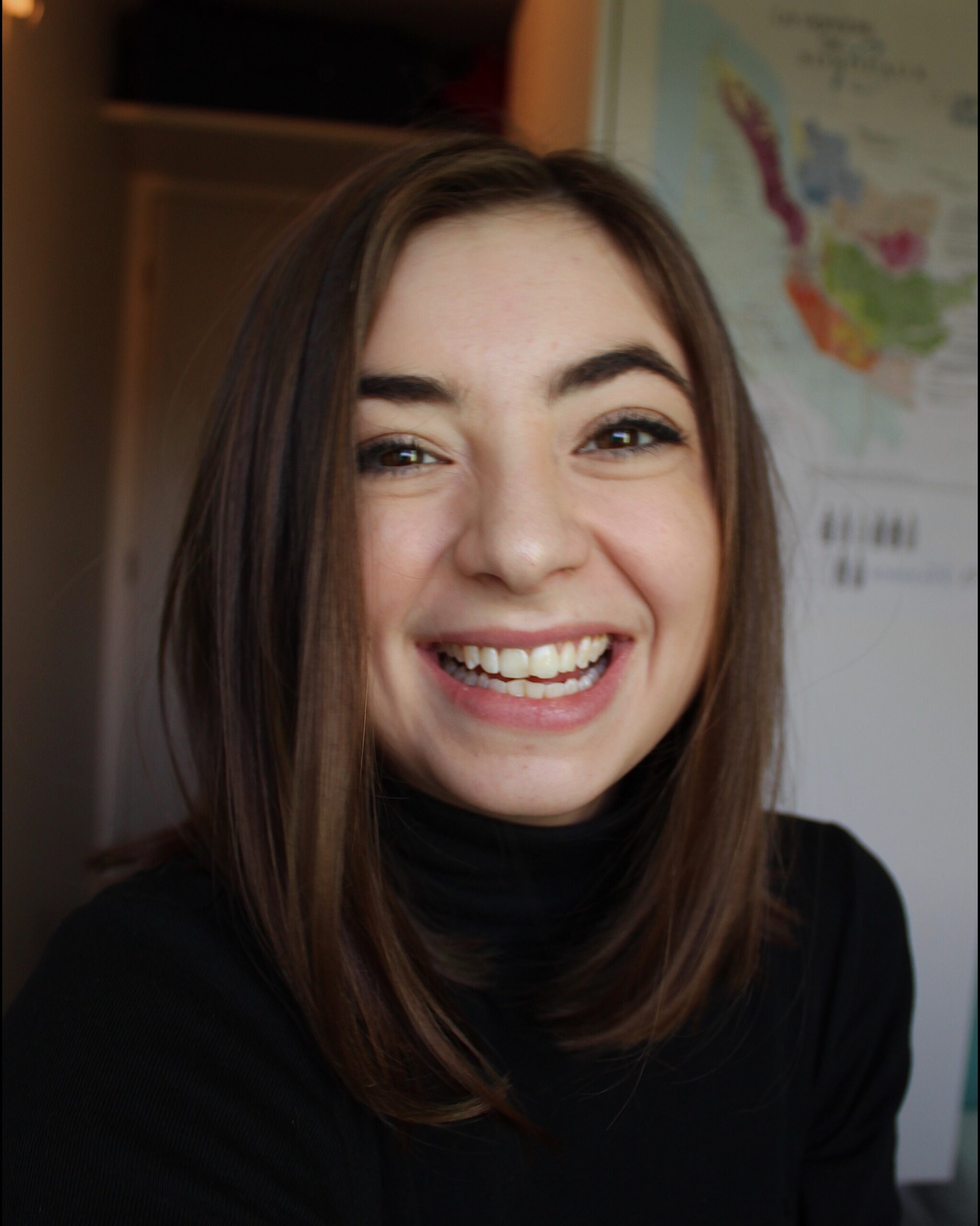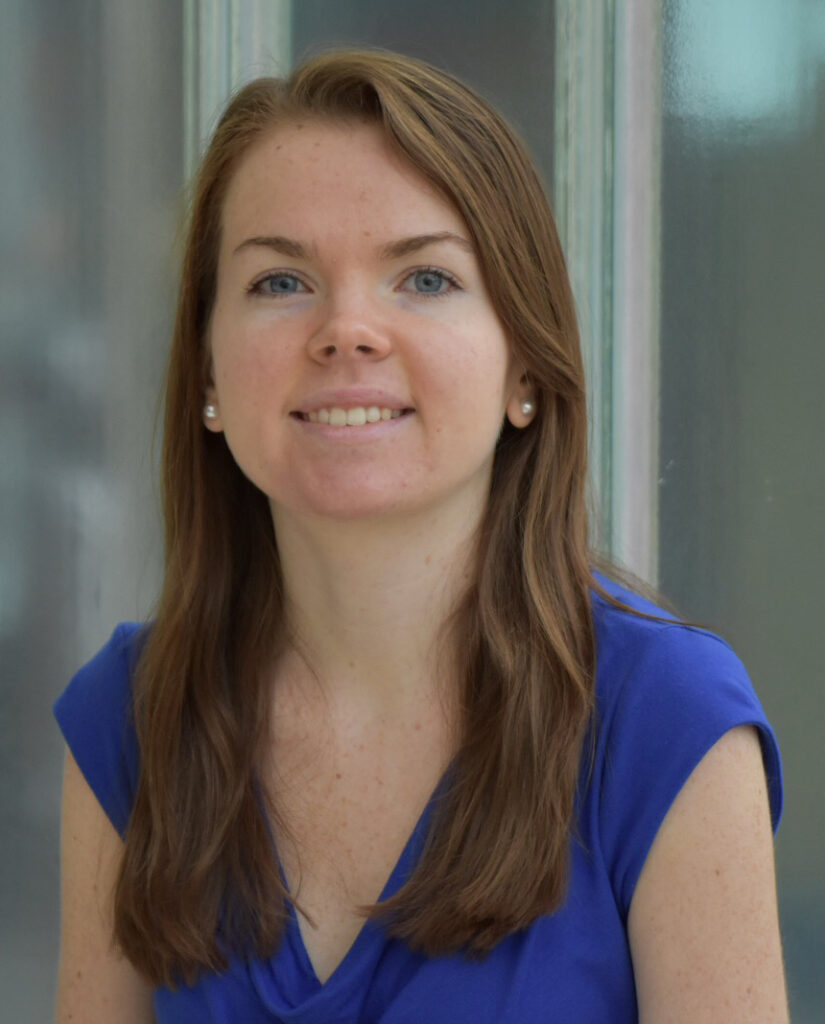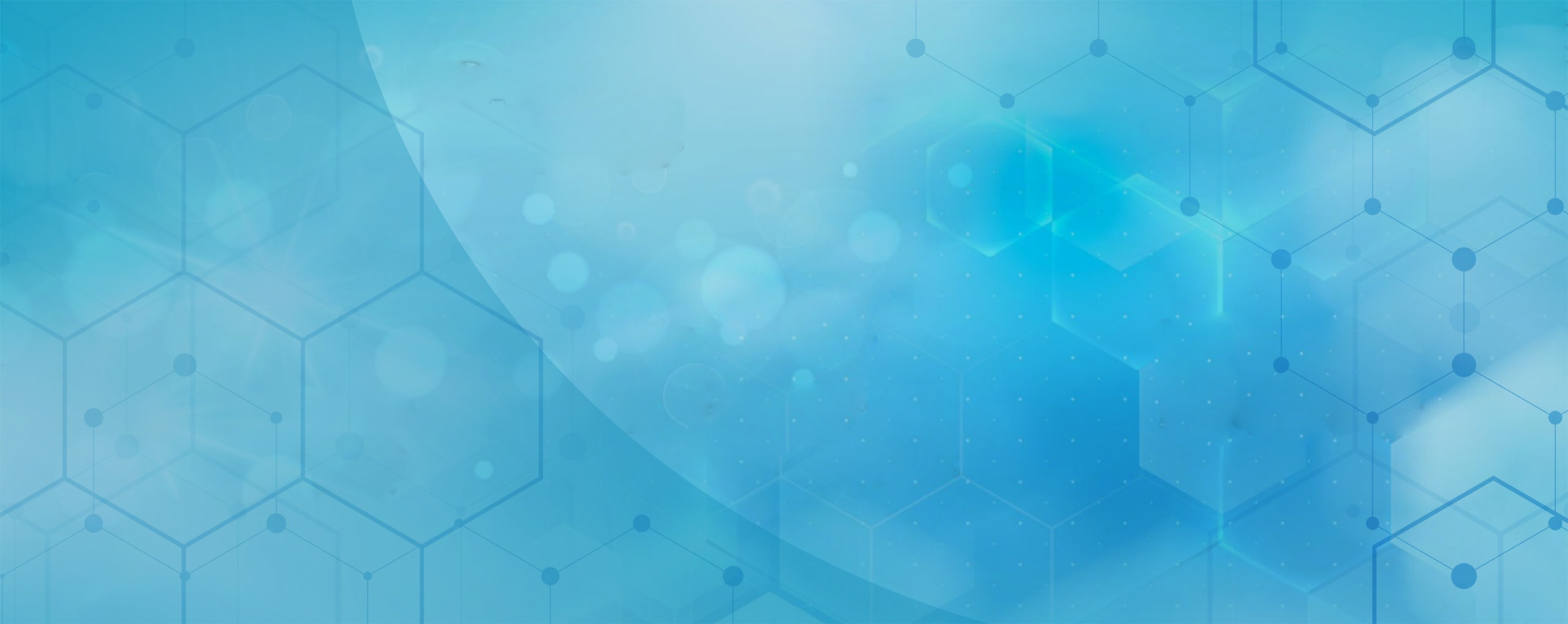In our ongoing commitment to increase the reach and impact of our research to the public, the RARC has officially launched a Science Communication Workgroup, led by Jessica Hamilton, Grace Wetzel, and Lauren Harnedy. This initiative aims to improve training in science communication for researchers at all training levels (students and faculty) to make our research easy to understand and available for anyone to learn!
The Science Communication Workgroup is being led by:
Dr. Jessica L. Hamilton is an Assistant Professor in the Department of Psychology at Rutgers University in New Brunswick and Director of The Hamilton Lab. Her research examines modifiable risk and protective factors for adolescent suicidal thoughts and behaviors, with a focus on social media use and sleep. Her research harnesses innovative technological methods (e.g., smartphone sensing, ecological momentary assessment, and actigraphy) to examine these relationships in real time.

Grace Wetzel, M.S. is a fifth-year social psychology PhD candidate at Rutgers University. Her research focuses on how gender roles influence people’s sexual experiences; specifically, understanding the “orgasm gap” for women who have sex with men. Grace regularly speaks to classes and organizations about her research; notably, her TEDx talk has garnered over eight million views online. She also works with mainstream media outlets to educate the public about her research and has an educational Instagram page with over 23,000 followers.
Lauren Harnedy, M.S. is a third-year clinical psychology PhD student at Rutgers University. Her research focuses on exploring the nuanced relationships between self-destructive behaviors (e.g., disordered eating, substance use, non-suicidal self-injury) and suicidal thoughts and behaviors, with a specific focus on the role of emotion dysregulation. She regularly participates in community-based events wherein she helps make evidence-based mental health information and tips more accessible.

TRAINING
Our SciComm training series aims to help researchers across all training levels
learn how to effectively communicate their science to increase its impact! We will be hosting a series of workshops in the fall and spring to introduce the foundations of science communication and different approaches and modalities (e.g., podcasts, op-eds, infographics, & social media). Each workshop will be accompanied with an “hour of action” in the next month to apply skills towards sharing your research.
RESOURCES
We have collated resources to support you in communicating science (e.g., podcast tips, toolkits).
Learn more
